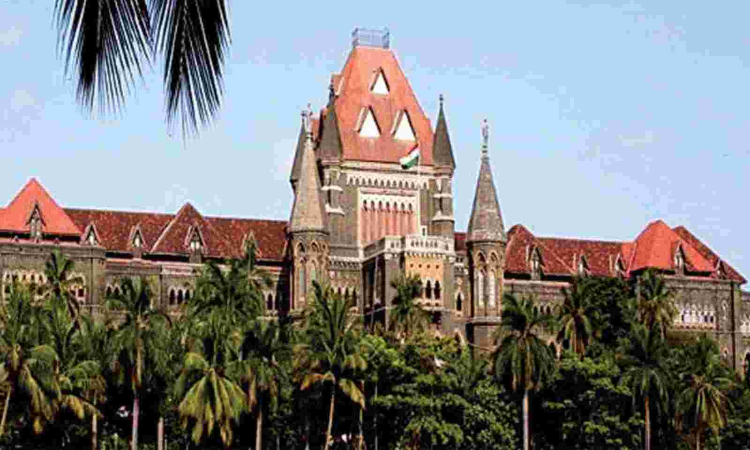A Reference To Arbitration Can Be Declined By The Court If The Dispute Is A Deadwood: Bombay High Court
Parina Katyal
11 Jun 2022 7:00 PM IST

Next Story
11 Jun 2022 7:00 PM IST
The Bombay High Court has held that once the Court is satisfied regarding the existence of an arbitration agreement between the parties, the Court can decline to make a reference to arbitration only if it is satisfied that the dispute is non-existent or that it has become a deadwood. The Single Bench of Justice N.J. Jamadar reiterated that the scope of enquiry under Section 11(6) of...
